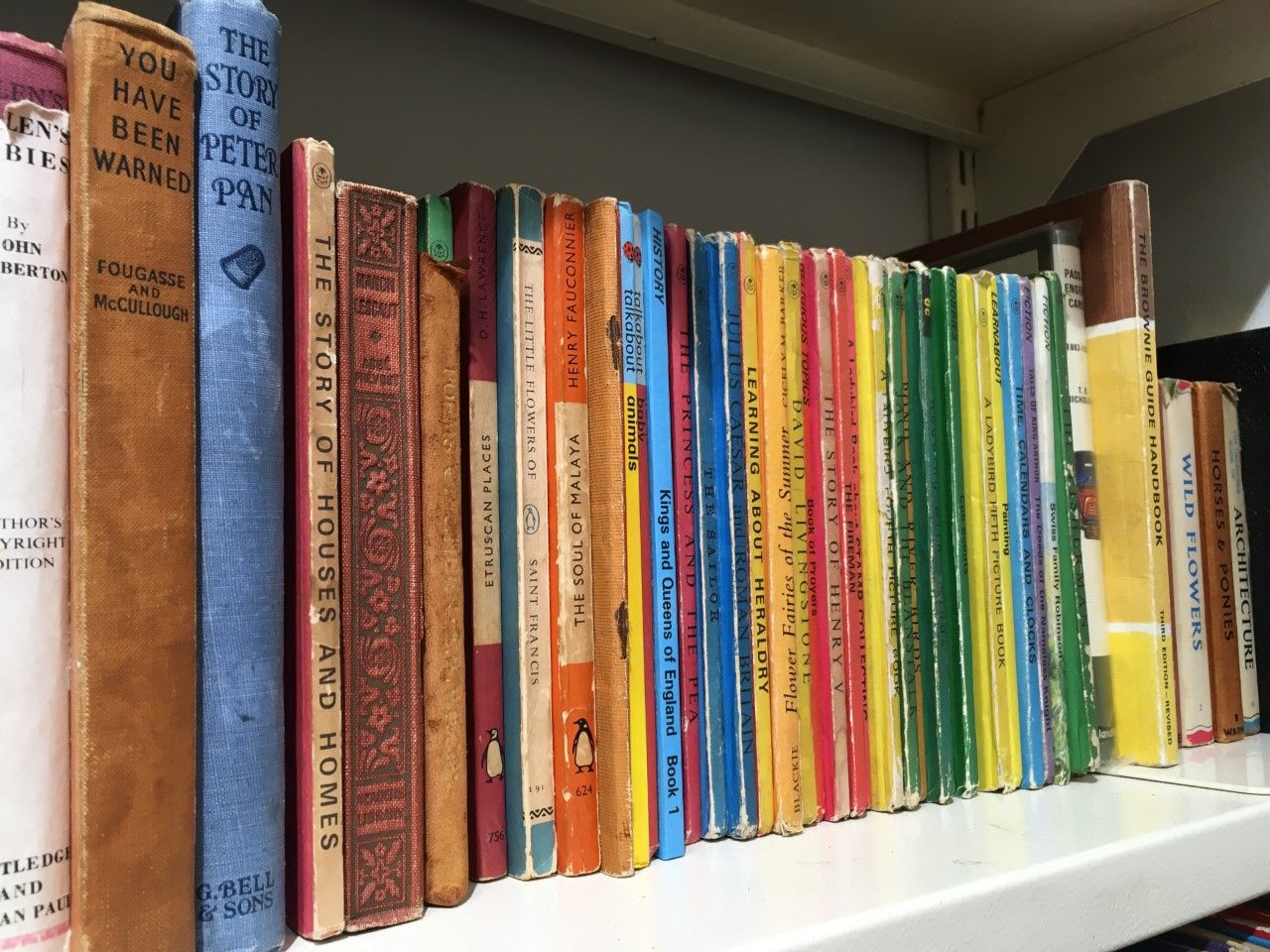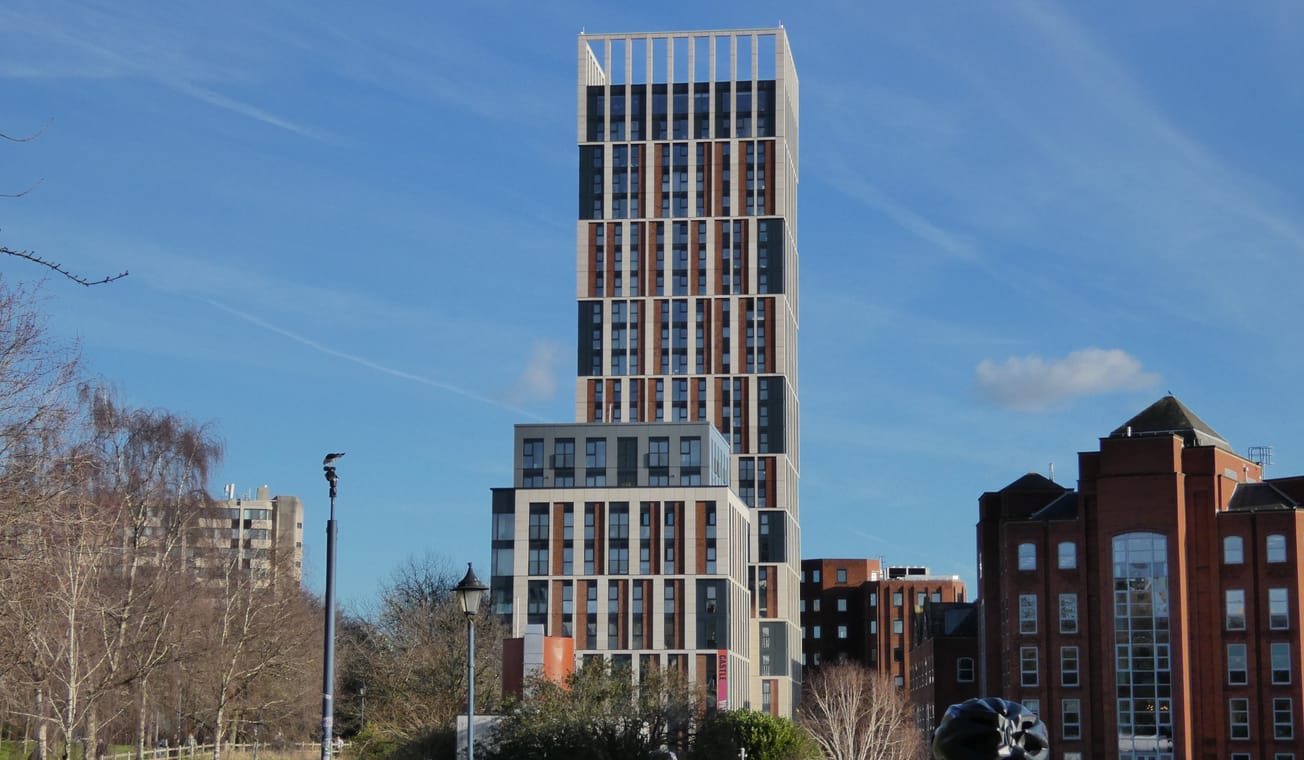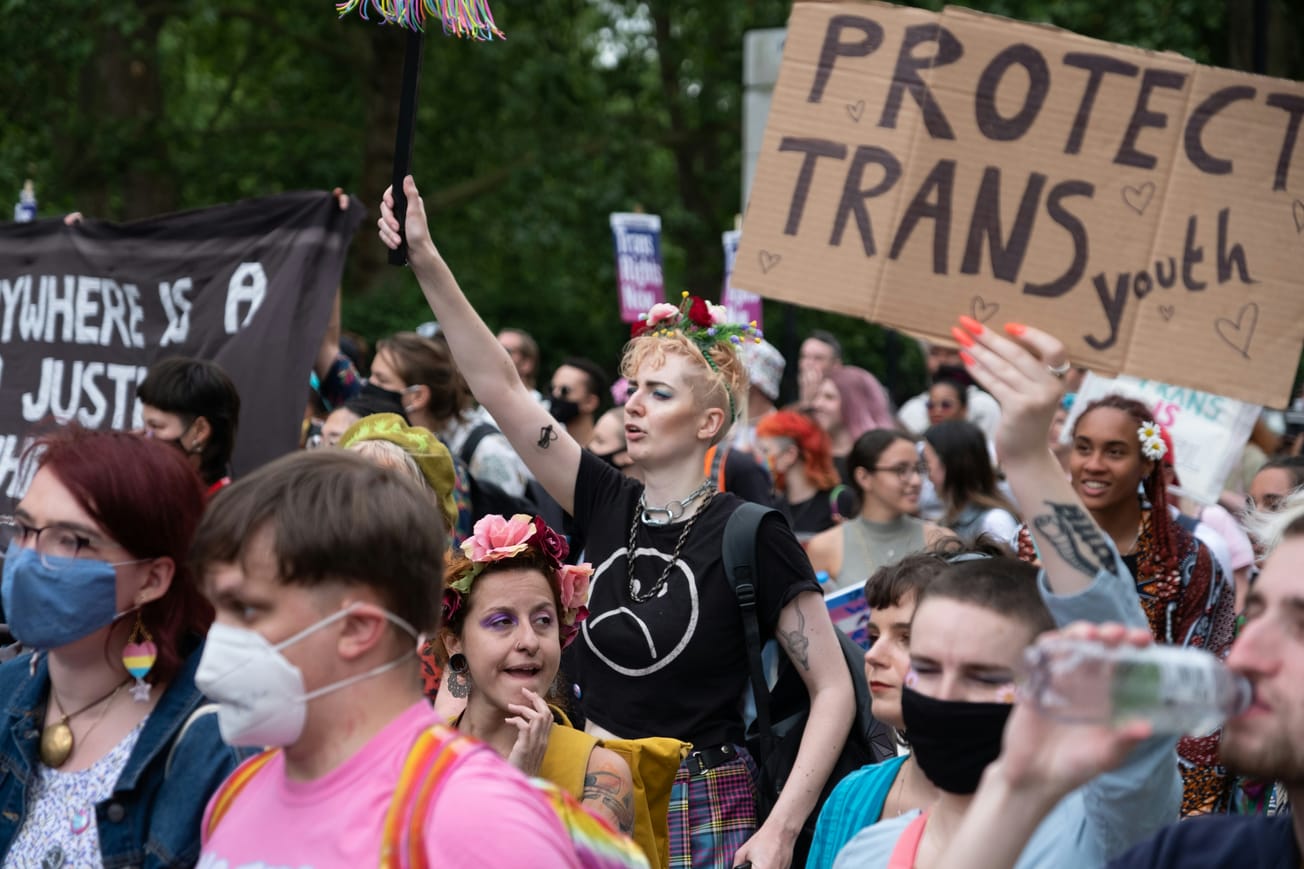By Vilhelmiina Haavisto, SciTech Editor
Buying books can get pricey, but students need not worry as there are plenty of second-hand shops with cheaper alternatives.
Bristol is home to plenty of second-hand bookshops, beloved by students and locals alike. Second-hand shops stock everything from classic texts to niche material, so whether you are on the hunt for a key academic text, or just browsing for a novel to distract you from work, you are almost guaranteed to find something that you fancy.
One of the many second-hand bookshops in Bristol is the Oxfam bookshop on Cotham Hill, a stone’s throw from Tyndall Avenue. Simon Baines has been the manager at the Cotham Hill shop for 11 years, though the shop itself has been running since 2004. ‘[The shop] has a charm,’ he says, ‘thanks to high quality donations from our donors, and of course, the volunteers.’
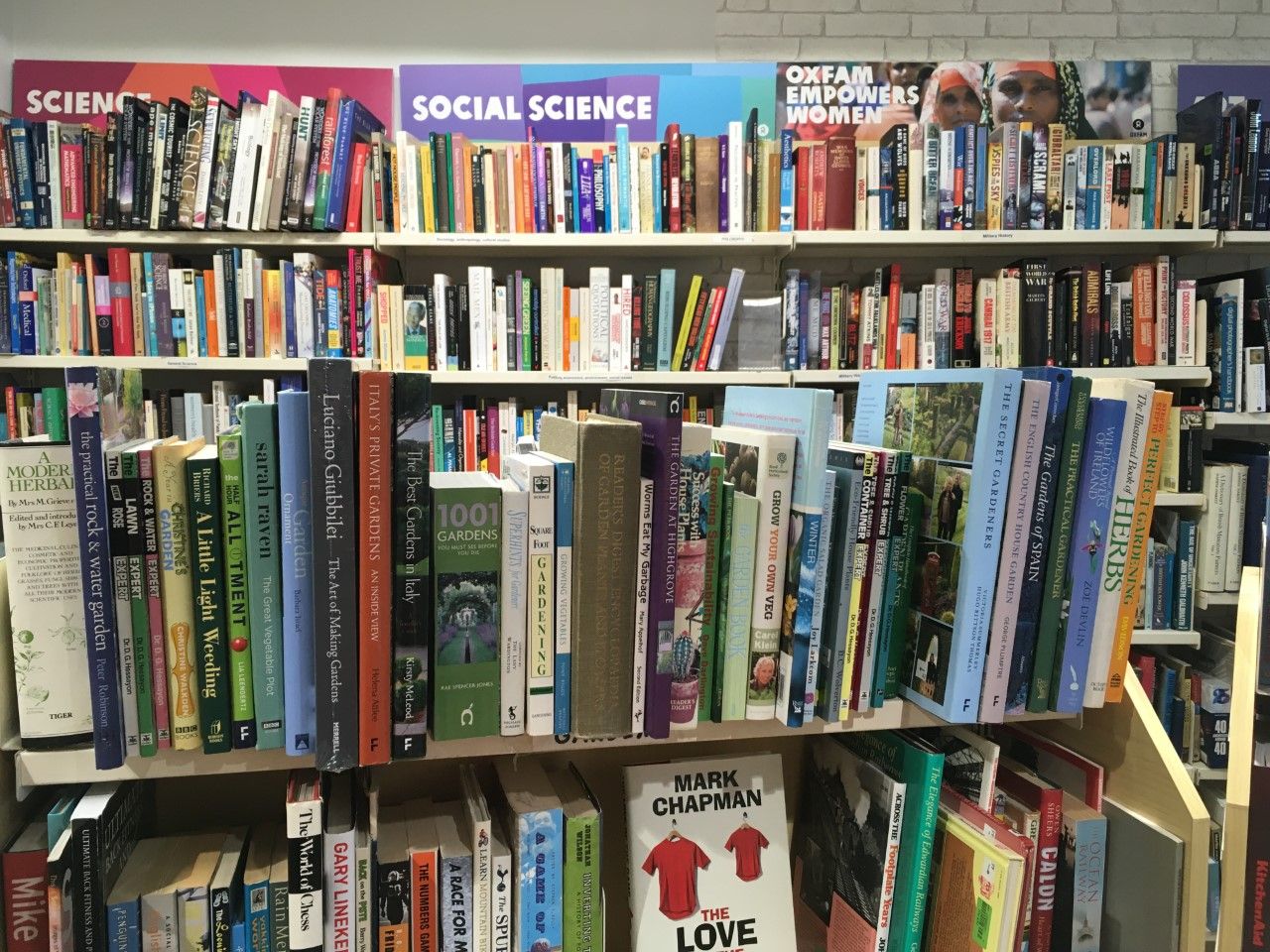
Volunteering can be a great way for students to take a break from academics and do something different. Even a few hours of volunteering a week can be a great way to gain valuable skills and get out of the student ‘bubble’ by meeting people from the local community who they might not encounter otherwise.
The Cotham Hill shop has around 30 adult volunteers of all ages, as well as three students from local schools. Mr Baines recognises the value of having a mix of ages on the team, saying it ‘keeps things fresh’ but that ultimately all volunteers can find ‘common ground over their love of books.’ Of the adult volunteers, around five are University students. ‘They bring energy, enthusiasm and flexibility,’ says Mr Baines, ‘with fresh ideas and an eagerness to discover.’
A 2017 survey found that more than half of the books bought in the entire UK were second-hand.
‘Volunteering is particularly fun as you get to see what's donated and create your own displays’, commented a Bristol graduate and ex-volunteer at the Cotham Hill bookshop. ‘You also have first dibs on new books, which is a real win if you're a collector like me.’ ‘[Second-hand bookshops] are cheap and have something for everyone’, he added. ‘My best finds are always books you didn't realise you needed until you see and hold them.’
The lucky-find nature of second-hand shops means you can happen upon some really unique items that are just right for someone you know, and that probably won’t break the bank. Novels, vinyl and comics, the latter two of which are something of a specialty of the Cotham Hill shop, can all make great gifts.
Another incontestable attraction of second-hand shops are their reasonable prices – used textbooks often sell for a fraction of what they would cost new, and paperback novels rarely cost more than £2.50. Second-hand books can be a money-saving grace for voracious readers, second only to the offerings of public libraries. It is also comforting to know that the money you do spend is going towards a good cause, whether that be cancer research, mental health care provision, or eradicating poverty worldwide.
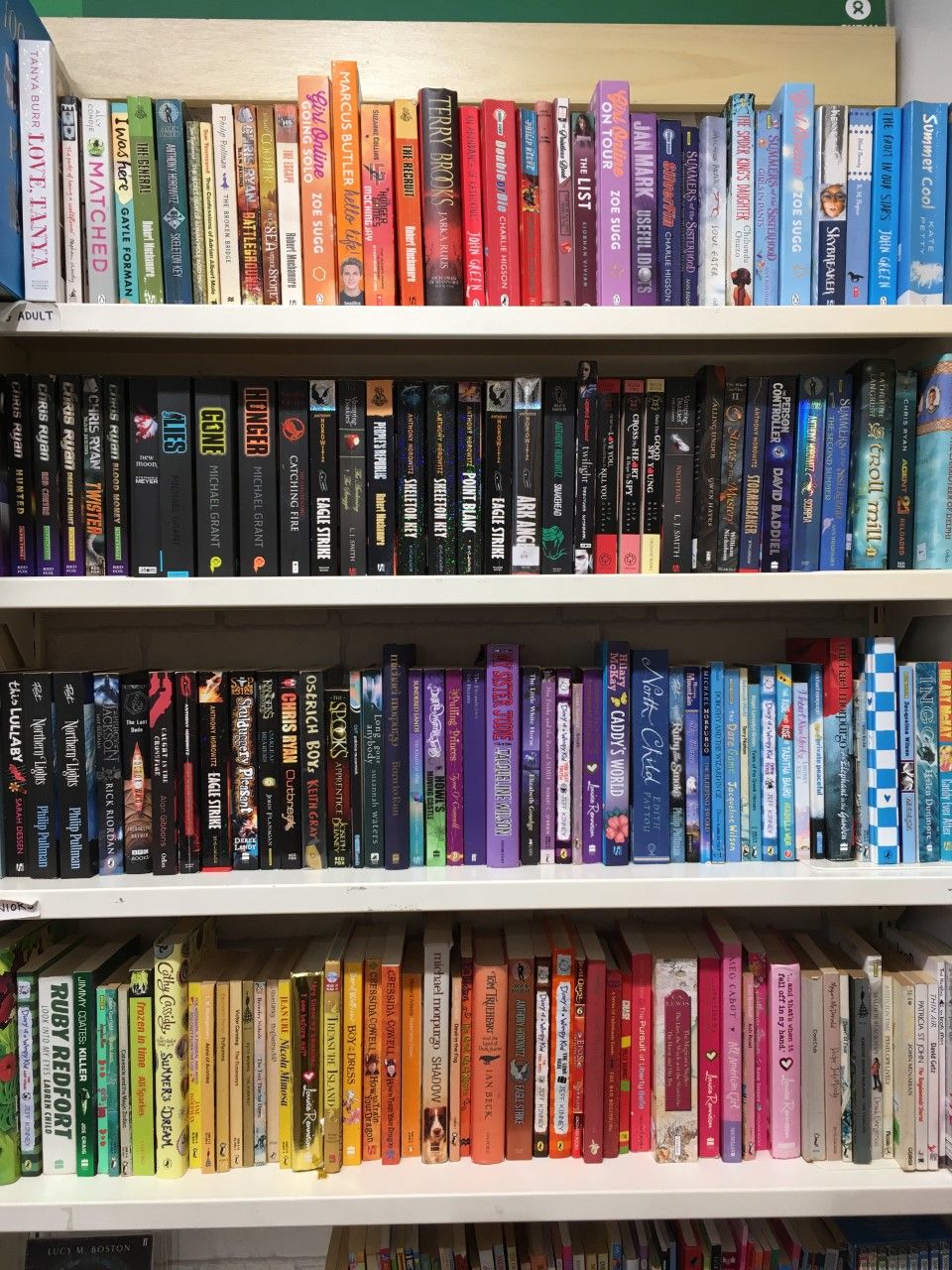
‘Buying a useful textbook can be made immensely less expensive by taking fifteen minutes to glance in the medical section,’ says Emma, a medical student at the University of Bristol. ‘I got an Oxford Clinical Handbook [a key medical text] for a sixth of the Amazon price,’ she said, adding that buying course texts this way is ‘less painful for your, or your parents’, bank account’.
Much like favouring charity shops over the high street when it comes to fashion, getting books second hand is also a more environmentally sustainable alternative to buying them new. According to Mr Baines, the Cotham Hill bookshop serves as a ‘recycling depot’ for pre-loved goods in the community, saying that donating goods ‘helps people clear their conscience’ One person’s donated book can be somebody else’s new favourite – and, for the sentimentalists among us, there is something to be said about the feeling of a shared experience that pre-loved books exude.
Apart from its obvious role of selling second-hand goods in the community, Mr Baines believes the Cotham Hill shop also acts as ‘a kind of social centre for customers and volunteers.’ It is a ‘place to browse and relax’ for some of their regular customers, he explained.
However, running a second-hand bookshop is not without its challenges. Mr Baines believes that one of the main ones, ‘without a shadow of a doubt’, is raising enough money. He identifies competition from local supermarkets and online shopping outlets such as Amazon as major reasons why making enough profits is becoming increasingly difficult.
After the rain of the weekend, the sun’s been shining bright in our graphic novel window today☀️☀️ pic.twitter.com/j5BVOYRldE
— OxfamCothamBookshop (@oxfamcothambook) February 17, 2020
That being said, the shop is also increasingly selling its items, particularly those of high value, online. ‘We made over £700 in January thanks in part to a post-Christmas sale,’ Mr Baines explained, ‘which has helped us already reach our online shop goal for the year.’ Items bought online are routinely shipped across the UK, with one memorable purchase going off to the post office bearing an Australian address.
The lucky-find nature of second-hand shops means you can happen upon some really unique items.
A 2017 survey found that more than half of the books bought in the entire UK were second-hand. This is not surprising; students and locals alike have every reason to love and frequent second-hand bookshops in Bristol. So, next time you’re out and about in Bristol, duck into a second-hand bookshop for a browse – you never know what you could find!
Featured Image: Epigram / Vilhelmiina Haavisto
Do you volunteer at a charity shop? Tell us about your experience there!

